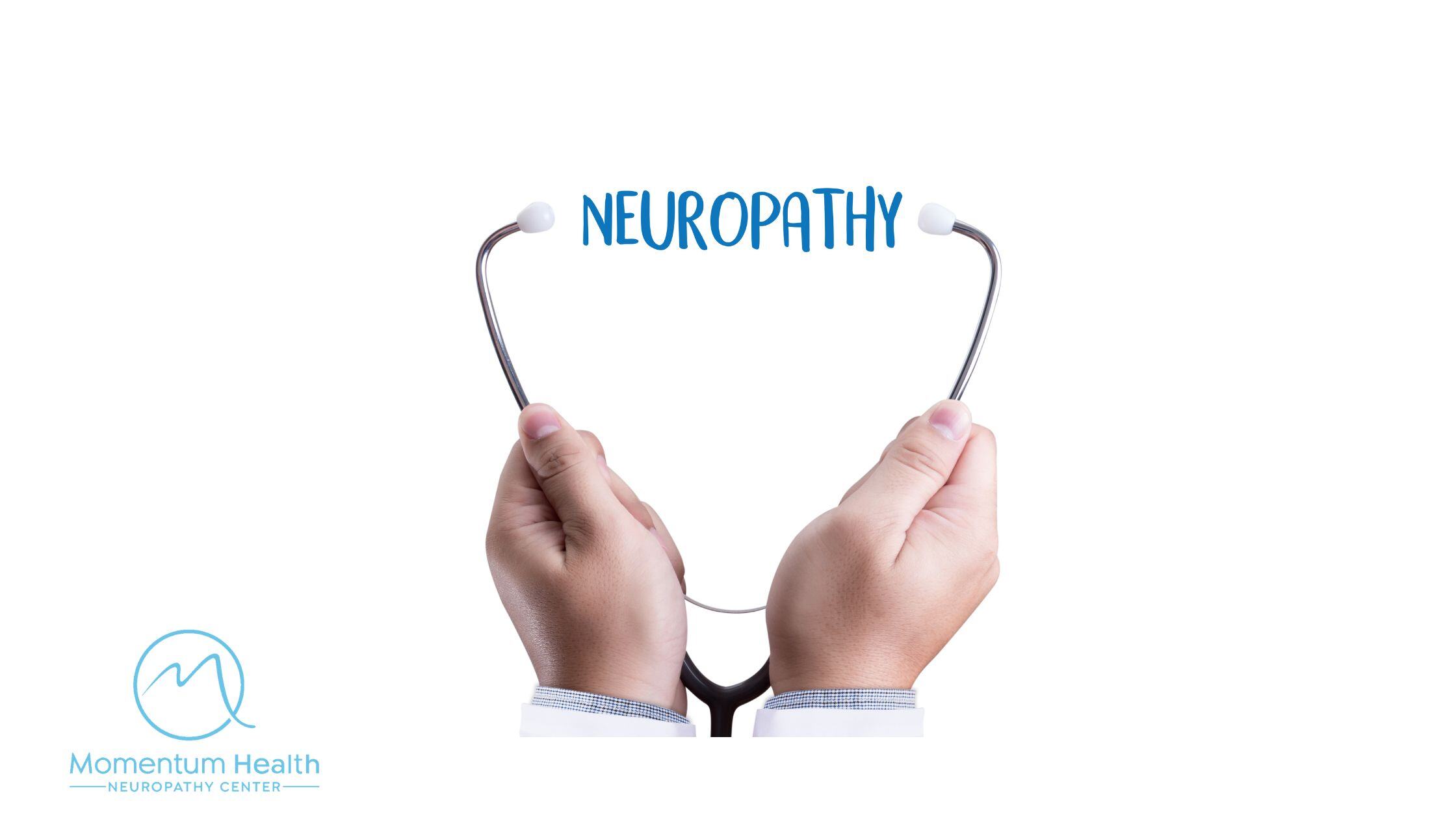
Hereditary Neuropathy
Karen May, DC, CCSP, CCIP
What is Neuropathy?
Neuropathy is what happens when your nerves get damaged or stop working the way they should. It can affect the nerves that help you feel, move, or even control different parts of your body.
Because your nerves are everywhere, neuropathy can happen just about anywhere too.
If you’ve ever felt tingling, numbness, weakness, or pain—especially in your hands or feet—you might know how devastating this can be. And without treatment, it can get worse over time, making everyday tasks even harder. I know it can feel overwhelming, and so many people go through this quietly, unsure of where to go for relief.
You’re not alone, though—more than 20 million Americans are living with neuropathy right now. Since there aren’t traditional medical treatments that can cure it, it’s frustrating for so many people. Neuropathy has more than 100 known causes, from toxins and medications to injuries, chemotherapy, and more.
Most neuropathies are caused by external factors, like injuries, infections, or bodily trauma. Hereditary neuropathy, on the other hand, is passed on through genetic mutations. There are 30 known genes that cause neuropathy, some genes haven’t been identified yet.
Hereditary Neuropathy
There are many different types of hereditary neuropathy, and symptoms of hereditary neuropathy can start as early as childhood.
The most common type is Charcot-Marie-Tooth disease, a hereditary motor and sensory neuropathy, that impacts 1 out of 3,300 people.
Other forms of hereditary neuropathy include:
- Hereditary Sensory Autonomy Neuropathy
- Familial Amyloid Polyneuropathy
- Hereditary Neuropathy with Liability to Pressure Palsies
- Giant Axonal Neuropathy
- Refsum Disease
Symptoms of Hereditary Neuropathy
In addition to the usual neuropathy symptoms, hereditary neuropathy can come with it’s own unique set of pain points. Here are some of the common symptoms:
- Muscle weakness
- Foot drop
- High foot arches (commonly seen with CMT)
- Hammertoes
- Fatigue
- Autonomic symptoms, sweating abnormalities, digestive issues, bladder dysfunction
- Heart rate issues
- Hearing and vision loss
- Delayed motor development (in children)
Living with Hereditary Neuropathy
Think of hereditary neuropathy symptoms as a scale, you may have none or only some of the symptoms outlined above. The severity of the symptoms also vary from person-to-person. One thing that remains consistent with all neuropathy cases is that it is a progressive condition, and symptoms will get worse overtime if not treated.
While it is a complex condition that will impact many areas of your life, there is hope!
Get treatment for neuropathy
Neuropathy is a chronic condition that worsens over time. Without treatment, any symptoms you have will progressively get worse.
While there is no cure or quick fix for neuropathy, our proven Neuropathy Relief Program has seen success time and time again:
- Reducing pain and numbness
- Improving balance and mobility
- Improving quality of life and overall health
- Helping clients to regain their freedom and independence
To connect with a relief expert today and learn more about your relief options, call 517-883-2291 or click the button below to learn more about our program.

